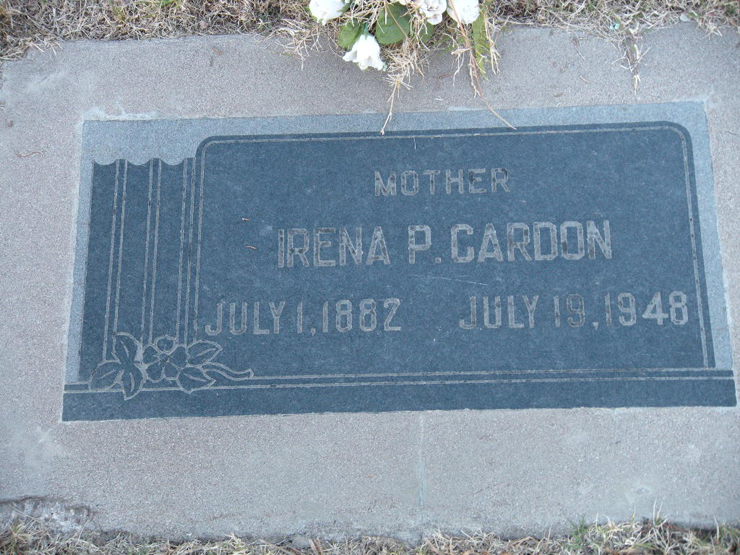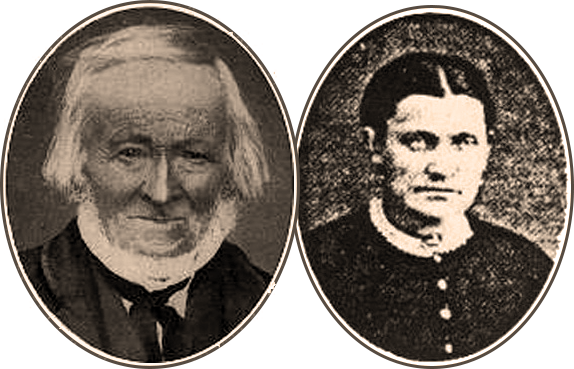A Brief History by Stanley P. Cardon
1 Jul 1882 – 19 Jul 1948
Wife of Louis Paul Cardon
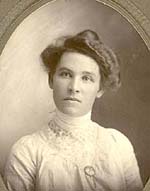
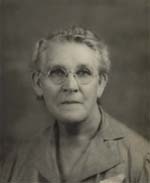
Mother was born in Salt Lake City July, 1, 1892, the daughter of Anna Johanna Dorathea Wilcken and Helaman Pratt. Her mother came as a small child from Germany and her father was the son of Parley P. Pratt. When she herself was a small child, her father was called by the church authorities to do missionary work in Mexico and help to colonize it. So from the comforts of a fine home in Salt Lake, the family was transported to the rugged hardships of real pioneer life. For many years they raised dairy cattle to make butter and cheese in the mountains near the Mormon colonies of Colonia Dublan and Juarez. Formal educational opportunities were brief and meager. Fortunately the family had an excellent library. I remember mother saying that before she was ten, she had read most of Sir Walter Scott’s novels.
On November 11, 1903, she married Louis Paul Cardon in Colonia Dublan. They became the parents of six sons and three daughters. Although life became increasingly difficult after the Exodus from Mexico in 1912, Mother never lost her sense of humor or her drive to see that her family received the formal education she did not have.
Possessing a warm pleasing contralto voice, she was a welcome addition to any choir. One of my sweetest memories was of mother playing her guitar and singing such haunting songs as “O the moon shines tonight along the Wabash; From the field there comes the scent of new mown hay -“
Although Mother died July 19, 1948, I often meet people who had her as a Sunday School or Mutual teacher. They always say what a wonderful teacher and person she was. Two promises were made to her in her patriarchal blessing that helped and sustained her. The first was that no matter what hardships her life would have, her sleep would be restful and full of pleasant dreams. She said it was just that. The second promise was that at her table would sit leaders of the church. Although several contemporary leaders did dine at our home, Mother felt that some of the young men and women who boarded with her would become leaders, and they have. No morning or evening meal was started without family prayer.
To sum up Mother’s life, I would like to quote from Lowell L. Bennion’s book HUSBAND AND WIFE. Elder Bennion knew and appreciated mother and had this to say about her in his book.
“I once knew a woman who was the mother of handsome, bright, and wonderfully alive sons and daughters. She was left largely to her own resources in the rearing of her family. When the eldest son left their small farm to attend college in a distant city, she decided that her mission in life was to see her family educated. She followed her son to the university town, rented a large bungalow, took in four to six boarders, and sent her children to school. They worked hard, too.
For years she won a cup each spring for having the most children at the university. One year other parents tied her but she received the trophy because of the higher scholastic average that her children had achieved. One year one of her sons was cadet-colonel of the ROTC and had the highest average in the largest college at the university while working forty hours per week at a service station. Upon graduation he said of his mother, “There is nothing my mother doesn’t know.” Another son received his master’s in English that year. He said of her, “My mother knows more about English literature than I’ll ever know.”
And so this large, sturdy, and strong woman carried on her boarding house – a haven for good living and high thinking – until her youngest child was graduated from college. Then she took a bus and visited with her children’s families, now scattered from California to Michigan, came home, and died. Her work was done: her stoic, good-humored, richly human, intellectual, and spiritual life was ended and is yet revered.”
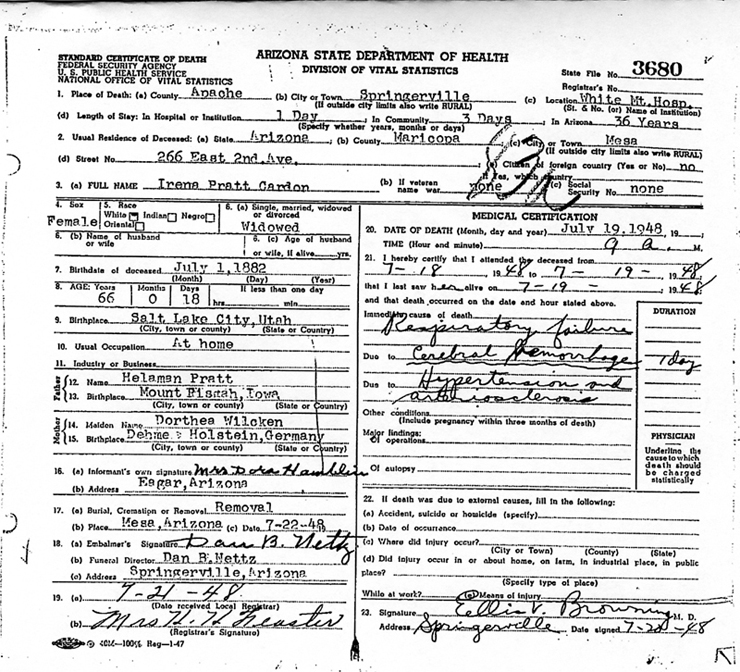
City of Mesa Cemetery, Mesa, Maricopa, Arizona
